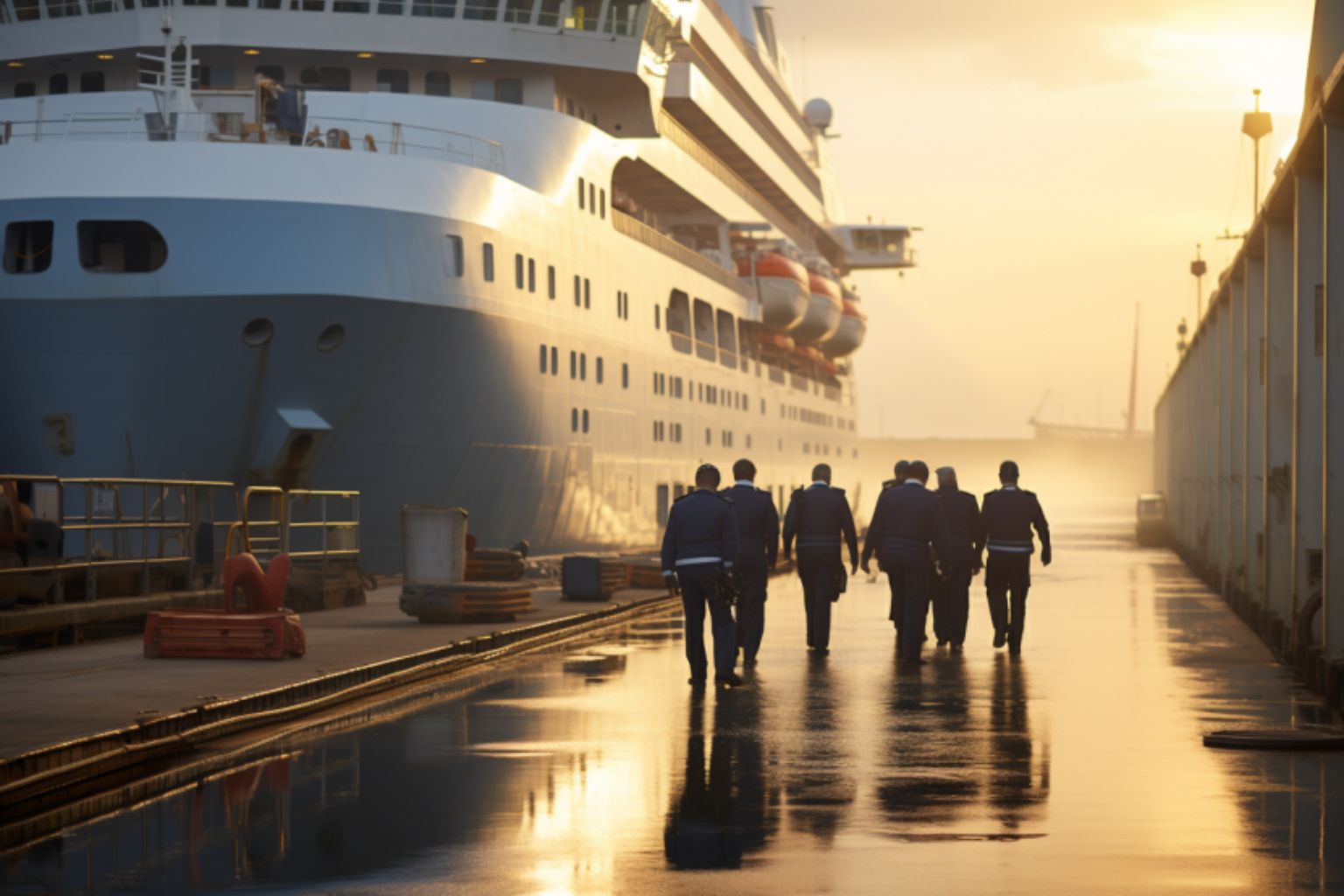Was it the string of customer-service disasters? Starting with the Costa Concordia tragedy last year and leading up to the recent Carnival Triumph “poop” cruise. Passengers were left adrift in the Gulf of Mexico for five days without working toilets.
Maybe it was the threat of government regulation from Sen. Charles Schumer (D.-N.Y.), a vocal critic of the cruise industry, that made it move.
Then again, maybe we should just take the cruise industry at its word on its decision, announced just before the Memorial Day holiday, to introduce a passenger “bill of rights.”
But here’s what we have. A promise by the Cruise Lines International Association (CLIA) to add a list of “rights” to its ticket contracts. It is the legal agreement between passengers and the cruise line.
Passenger rights amid recent industry challenges
These include the right to leave a docked ship if it can’t provide essentials such as food, water, bathroom facilities and medical care. The right to a full refund for a trip canceled because of mechanical failures. A partial refund if a trip is cut short for the same reason. The right to timely updates about any changes in a ship’s itinerary caused by a mechanical failure or an emergency.
None of these rights are new. Instead, they codify “many longstanding practices of CLIA,” according to Christine Duffy, the organization’s chief executive. “The cruise industry is committed to continuing to deliver against the high standards we set for ourselves in all areas of shipboard operations,” she adds.
But would the bill have affected the outcome of any recent customer-service meltdowns? This includes the Triumph fiasco. Or even the latest disaster, a fire that cut short a sailing on Royal Caribbean’s Grandeur of the Seas last month? Stewart Chiron, a consultant who founded a marketing company that specializes in cruises, says that the answer is “no.”
Unveiling the cruise passenger bill of rights
Rather, he thinks that the reason for the bill is political. Late last year, CLIA merged with several trade groups, including the European Cruise Council, the Asia Cruise Association and the Passenger Shipping Association, and is just taking the new organization on a “test drive” with this bill.
“It made sense to quickly agree on a consistent cruise passenger bill of rights,” he says.
Perhaps too quickly. Although CLIA representatives claim that they collaborated closely with Schumer on the bill, the senator appeared to be caught off guard by the sudden announcement, made at a time when no one was likely to pay attention to it.
In a letter to CLIA, Schumer pressed the association for specifics on its new pledge. Who determines that essential provisions such as food and water can’t be provided? What exactly are the cruise lines’ current reimbursement practices? How will passengers be notified of changes to their itinerary?
Senator Schumer’s cautionary praise
Schumer has called the bill “a step in the right direction” but has stopped short of endorsing it. “I still have many remaining questions, both on the content and how the bill of rights will be enforced,” he told the Associated Press. A CLIA representative said that the organization will answer him “soon.”
Passengers are skeptical, too. Some say that they’d prefer deeds to words when it comes to passenger protections. “If the cruise lines had any brains, they’d forgo some of their billions of profits yearly for their good name and get their guys trained in damage control,” says Richard Johnson, a retired naval officer who lives in Cedar Hill, Tex. “And firefighting.”
To others, the existing passenger contract is something of a joke, and adding passenger rights language is little more than a punch line.
Bruce Helenbart, an engineer from Hazelwood, Mo., says that he recently had to wade through a 20-page cruise ticket contract and sign it before setting sail. It included disclaimers stating that the cruise line wasn’t responsible for the ship’s doctor, provisions limiting Helenbart’s ability to sue the cruise line, and a clause that allowed the company to alter the itinerary any way it chose to. What’s more, the agreement was what’s known as an “adhesion” contract — a one-way agreement that bound him. If he didn’t sign it, he couldn’t board.
Critiques of the industry’s PR move
“It’s all there except about the volunteering to be turned into a manipede,” he says.
James Walker, a maritime attorney based in Miami, says that customers are correct to disbelieve the cruise industry’s new customer-service rhetoric. “It’s actually a step in the wrong direction,” he told me. “What this bill of rights does, in fact, is limit the liability of cruise lines.”
For example, if this bill had been in effect during the Triumph disaster, then Carnival would have been obligated only to refund part of the passengers’ payment. He did not have to repay the cost of the entire cruise, cover passengers’ transportation expenses, zero out their onboard bills, issue a voucher for a future cruise and pay them $500 each, as Carnival did, he says. (Here’s your ultimate guide to taking a cruise now.)
PR move or passenger protection
“I would view this as a PR move that effectively limits the rights of passengers,” he adds. “They are proposing rights that are beneficial to the cruise lines, but not to their customers.” (Related: Are cruise lines doing enough to protect their passengers?)
The cruise industry needs the positive publicity that would probably come from an uncritical industry press. But more importantly, says Walker, it hopes to keep likely legislation by Schumer, which would have the force of law, from ever reaching the Senate floor.
Bill or no bill, the fact remains that you’re still giving up a lot of rights when you sign up for a cruise. Maybe too many. The only way to avoid that — at least for the foreseeable future — is to stay on dry land.




